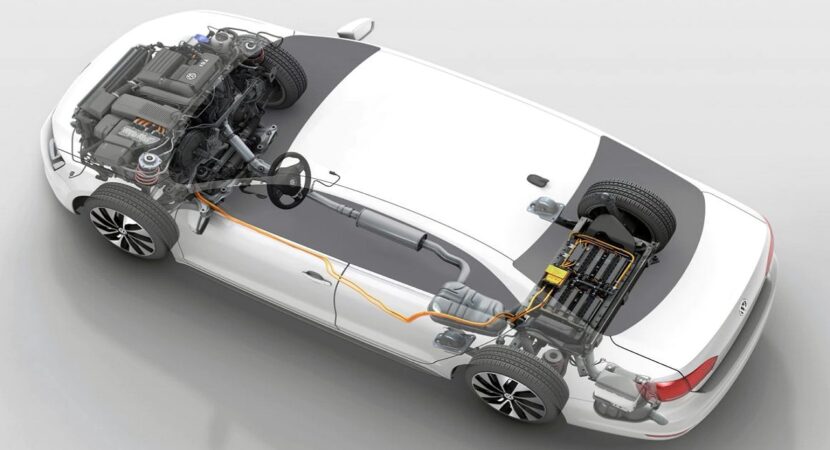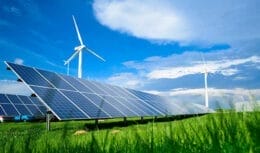
Following in the footsteps of the Japanese Toyota, Volkswagen says it will adopt ethanol as the best way to electrify the domestic vehicle market and is considering producing vehicles with a flex-fuel hybrid engine.
As Brazil is behind in the race for fully electric cars, which are currently a distant dream for domestic consumers, Volkswagen is following in Toyota's footsteps and intends to launch vehicles with hybrid flex engines, which use ethanol. The estimate is that Volkswagen's system could follow the "recipe" of a version of the 2012 Jetta.
Read also
Jetta wins hybrid engine
The model was presented at the Detroit Motor Show in 2012 and received an electric version that combined the 1.4 TSI turbo gasoline engine with a small electric propeller with a power of 24 horsepower.
The Jetta with a hybrid engine has a power of 170 horsepower and 25,5 mkgf of torque, which gives the car power to go from 0 to 100 km/h in 8 seconds, a perfect set for Volkswagen to equip in models like its future Tarok, which will be a pickup truck. In short, just like Audi, which has a mild-hybrid engine in SUVs like the Q5, for example, Volkswagen has a similar system.
Volkswagen and its strategy for the Ethanol market
During an event for the Brazilian press on Wednesday (28), the president of the automaker in Brazil and Latin America, Pablo Di Si, assumed that he will adopt ethanol for sustainable mobility in the domestic market. According to the executive, it is not enough to look only at the car's exhaust, it is necessary to understand the system as a whole.
Di Si faz menção à poluição feita produzida pelos carros elétricos quando se leva em consideração toda a ******. Segundo uma pesquisa realizada pela União da Indústria da Cana-de-Açúcar (UNICA), enquanto um veículo totalmente elétrico consegue emitir 54 g de CO2/km, um veículo com motor híbrido flex emite 37 gCO2/km. Para o CEO da instituição, Evandro Gussi, atualmente o carro mais ******* que utiliza etanol como combustível no Brasil é mais limpo do que qualquer carro elétrico da Europa.
According to the director, it is not a question of “electric car versus ethanol”, but “electric car plus ethanol”. The director states that the transition process to electric cars brings some advantages and gains in terms of efficiency compared to combustion engines, but in the case of Brazil it is also necessary to solve the problem of electric generation. According to Gussi, if your energy generation is not clean, with low carbon emissions, the problem has not yet been solved.
Toyota the first automaker to create a flex-fuel hybrid car
As the first company to bring a vehicle of this type, Toyota says it will be more advantageous to invest in electric, hydrogen and hybrid vehicles. According to Masahiro Inoue, president of Toyota for Latin America and the Caribbean, propulsion with a hybrid engine is the best way to make the automobile market in Brazil more sustainable.
Thanks to the vehicle with a hybrid flex engine, developed by Toyota, it is possible to use the environmental benefits of ethanol, which have a large national presence, and also forget a little about investments in recharging networks for electric vehicles.













Really Monica, and the floods in RGS…
It is necessary for a country with a…
And Fernando, you’re not just stupid…
Just one last observation. Concentration of barracks…
If you come with this you can separate one…
At last. Just garbage. Everything old.…
Unfortunately, there are countries that blindly trust…
parabéns